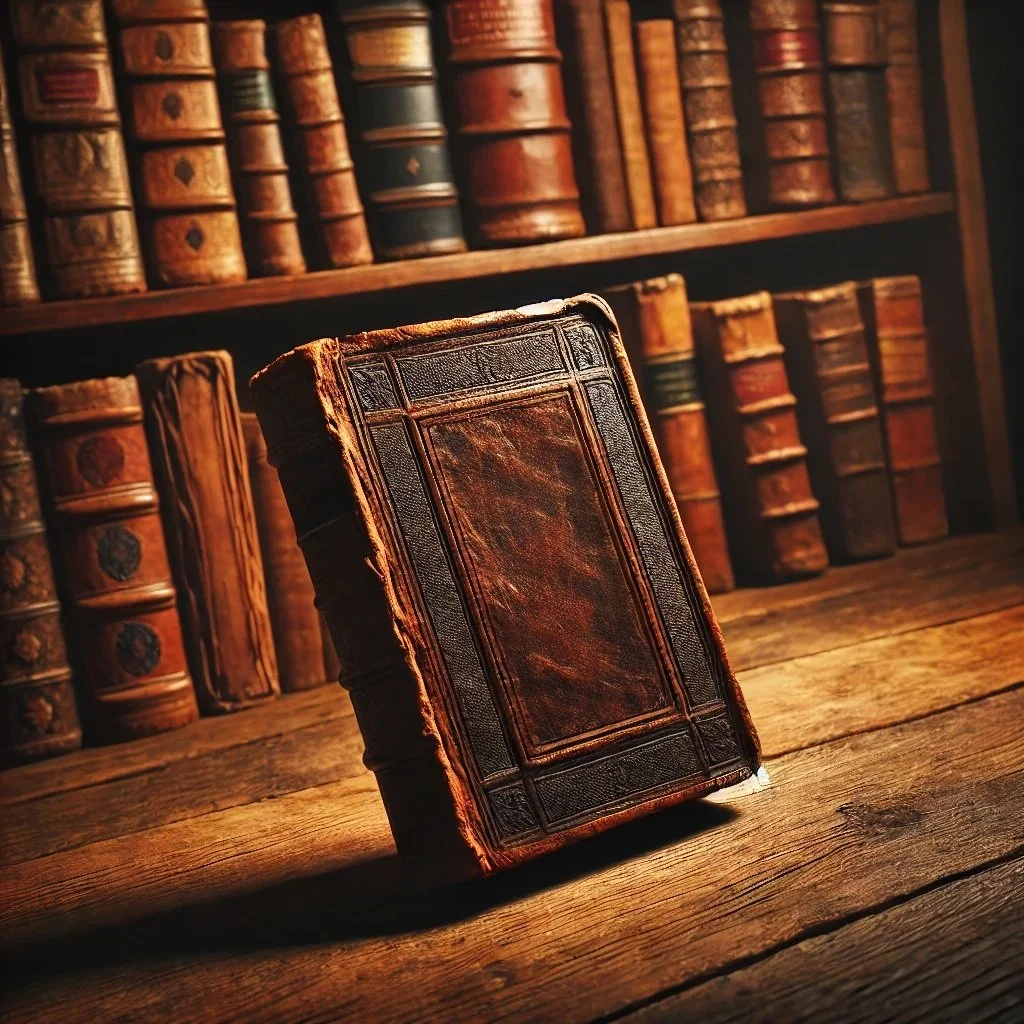From Loot to Juggernaut: Punjabi Words that became English.
Punjab’s history is full of overlooked contributions, but one of its most unexpected influences is on the English Langauge. As a result of colonial encounters, many everyday English words were adopted from Punjabi. These words, once spoken in the streets and fields of Punjab, found their way into British military reports, trade documents, and everyday conversation.
The Relationship Between Punjabi and English
1849. The formal British annexation of Punjab. The British East India Company expands its rule over the recently fallen Sikh Empire. Punjabi soliders, traders, officials meet their British counterparts and both encounter things they had never seen before. Foods, cultural concepts, clothing, even types of crime. A bridge begins to develop, and the two languages borrow words from each other.
As a result, Punjabi left a permanent mark on the English language, shaping words that are now used across the world.
Punjabi Words That Entered the English Language
Here’s an expanded list of words that originated from Punjabi, or closely related North Indian languages, and became part of English:
Crime, Military & WarfareLoot – lūṭ (ਲੁੱਟ / لوٹ) – Plunder, stolen goods.
Thug – ṭhag (ਠੱਗ / ٹھگ) – A conman or bandit.
Dacoit – ḍakait (ਡਕੈਤ / ڈکیت) – An armed robber.
Sepoy – sipāhī (ਸਿਪਾਹੀ / سپاہی) – Soldier.
Cummerbund – kamarband (ਕਮਰਬੰਦ / کمر بند) – A waist sash worn by soldiers.
Shikar – shikār (ਸ਼ਿਕਾਰ / شکار) – A hunt; adopted by British officers.
Gat – gat (ਗੱਟ / گٹ) – A type of firearm.
Khaki – khākī (ਖਾਕੀ / خاکی) – Dusty or earth-colored (British military uniforms).
Zamindar – zamīndār (ਜ਼ਮੀਨਦਾਰ / زمیندار) – A landowner or feudal landlord.
Nature & EnvironmentJungle – jangal (ਜੰਗਲ / جنگل) – Forest or wilderness.
Monsoon – mausam (ਮੌਸਮ / موسم) – Weather.
Cheetah – chītā (ਚੀਤਾ / چیتا) – A large spotted cat.
Shawl – shal (ਸ਼ਾਲ / شال) – A traditional wool wrap.
Pyjamas – pāejāmā (ਪਾਏਜਾਮਾ / پاجامہ) – Loose-fitting pants.
Food & DrinkCurry – kari (ਕੜੀ / کڑی) – A spiced dish.
Basmati – bāsmatī (ਬਾਸਮਤੀ / باسمتی) – A type of fragrant rice.
Chutney – chaṭnī (ਚਟਣੀ / چٹنی) – A spiced condiment.
Paneer – panīr (ਪਨੀਰ / پنیر) – Fresh cheese.
Lassi – lassī (ਲੱਸੀ / لسی) – A yogurt-based drink.
Culture & SocietyGuru – guru (ਗੁਰੂ / گرو) – Teacher or master.
Pundit – pandit (ਪੰਡਿਤ / پنڈت) – Scholar.
Yoga – yog (ਯੋਗ / یوگ) – Spiritual discipline.
Juggernaut – Jagannath (ਜਗਨਨਾਥ / جگناتھ) – A massive religious procession.
Mantra – mantr (ਮੰਤਰ / منتر) – A chant or sacred phrase.
Pukka – pakkā (ਪੱਕਾ / پکا) – Strong, genuine, or well-built.
Chit – chiṭṭhī (ਚਿੱਠੀ / چٹھی) – A letter or note.
Veranda – baraṇḍā (ਬਰਾਂਡਾ / برانڈا) – Porch.
Bungalow – bangla (ਬੰਗਲਾ / بنگلہ) – A one-story house.
Fashion & ClothingDupatta – dupaṭṭā (ਦੁਪੱਟਾ / دوپٹہ) – A long scarf.
Jodhpurs – Named after Jodhpur - a city in Rajasthan, but widely worn in Punjab.
Sari – sāṛī (ਸਾਡ਼ੀ / ساڑھی) – A traditional draped garment.
Conclusion
Punjab’s forgotten history doesn’t just lie in its battles and rulers, it’s also hidden in the words we speak everyday. From loot and thug to bungalow and jungle, the centuries old exchange between Punjabi and English shows how languages are not just words, but reflections of history culture and shared experiences.
A depiction of an old book, symbolising the centuries old exchange between Punjabi and English.
